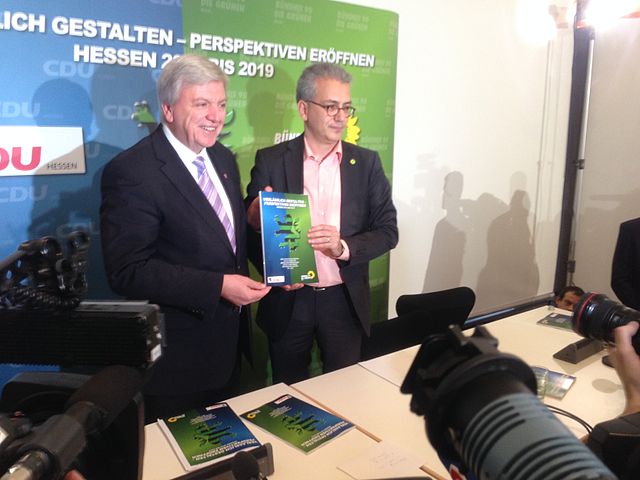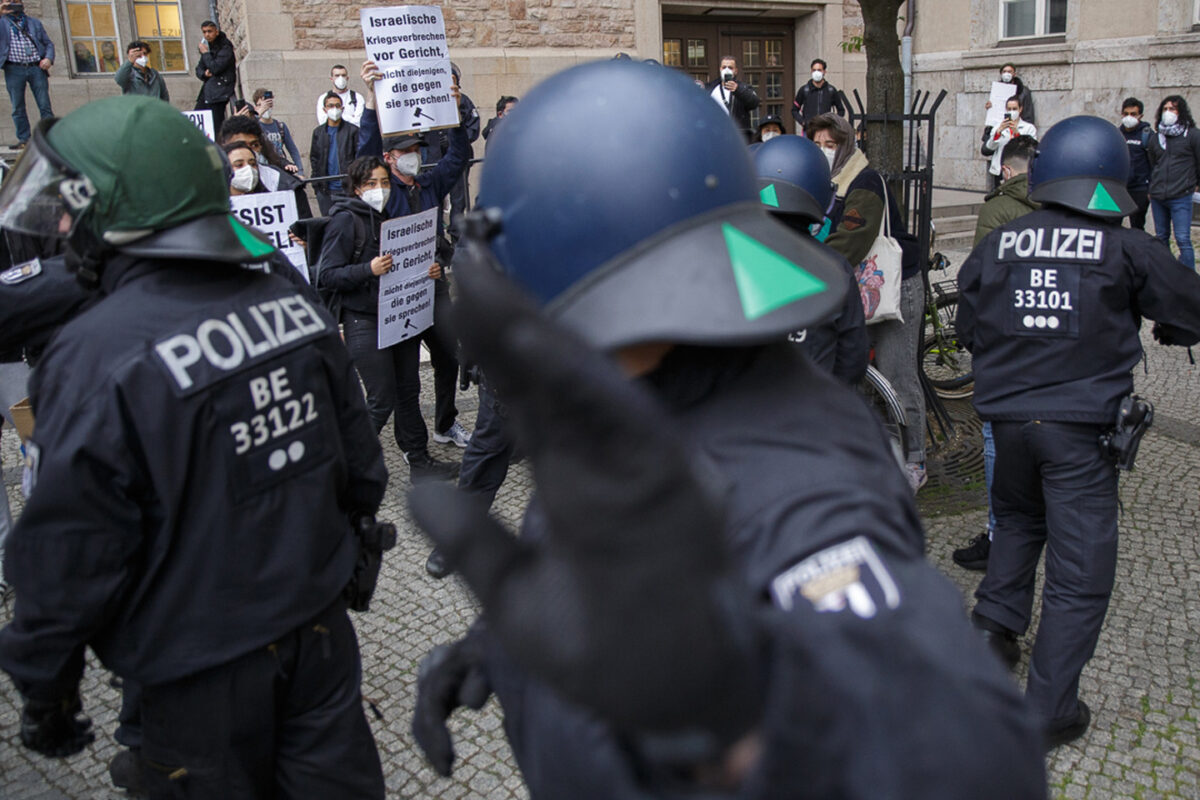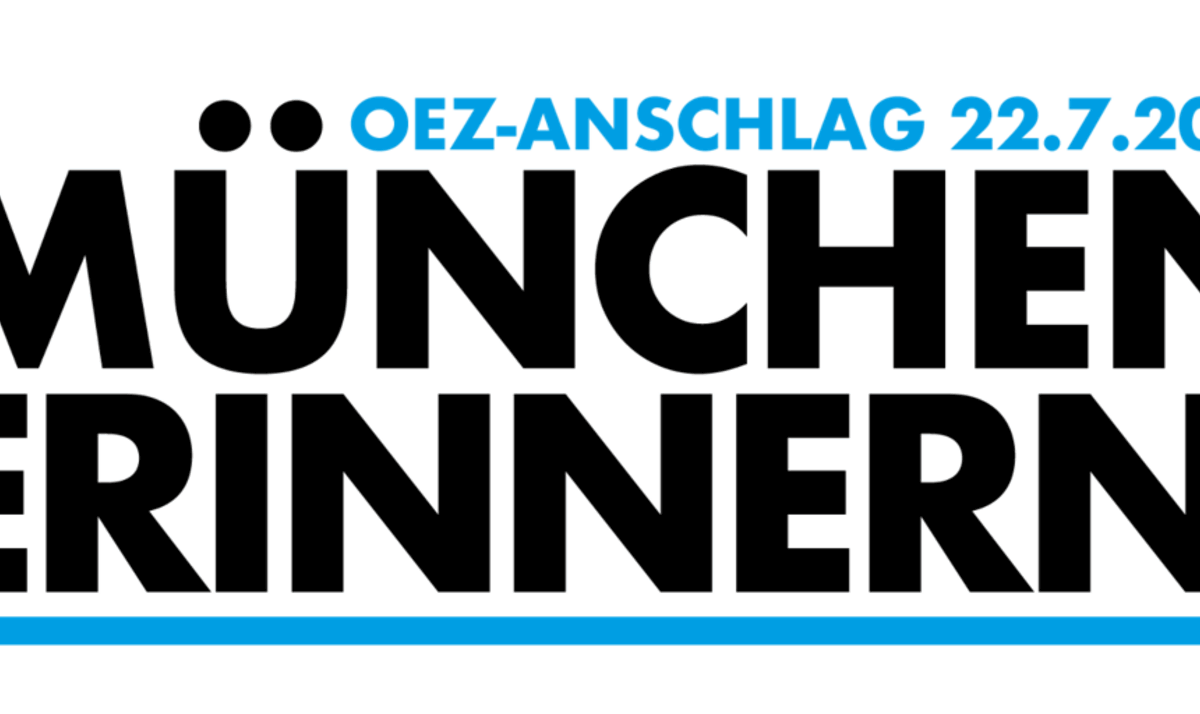Last month, regional elections were held in some German states. In Baden-Württenberg, the Greens won a strong victory with more than 30% of the votes. Immediately, several Spanish political leaders congratulated the Green party, as is the case of Ínigo Errejón, leader of Más País, with the following text: “Congratulations to the German Greens for their victory in Baden-Württenberg. The green forces are making their way in Europe, and from Spain we pick up the torch. Without ecological transition there is no future”.
These congratulations are not unusual. After all, Errejón and Más País added part of the Equo Party to their ranks, including Inés Sabanés. Moreover, Errejón forced the number two on the list for Congress, Marta Higueras, to resign her seat to be replaced by Inés Sabanés (from Equo) and, in this way, to align with the Greens at the European level. Therefore, congratulating the Baden-Württemberg Greens would be considered normal.
But what does it mean to congratulate the Baden-Württenberg Greens? One might imagine that it would be to congratulate green or anti-capitalist policies. However, nothing could be further from the truth. The Greens in Baden-Württenberg have governed the federal state for 10 years with Winfried Kretschmann at their head. The first thing that would draw attention to his presidency is that since 2016 he has governed in a pact with Angela Merkel’s Christian Democratic CDU. A priori, it is often thought that the Greens would swing more to the left. However, this is not necessarily the case in Germany, not only because of their pacts, but also because of their policies.
Kretschmann has maintained an ambiguous policy on asylum issues: while he advocated helping refugees in the Moria camps, he was skeptical about welcoming them to Germany and has even taken up the discourse that criminalizes refugees. He went as far as to propose that those who were problematic should be moved away from the big cities and distributed in the countryside, something he has of course never said about the German population, but neither has he said about white, Christian or European migrants.
Kretschmann even seems to have forgotten Green policy flagship programs, such as the reduction of the automobiles as a means of transportation. It is for this reason that even Greenpeace blacklisted him in 2016. The reason for this was that he made his election spot aboard a Daimler limousine, an Automotive multinational that donated €40,000 to The Greens for their electoral campaigns.
It could be thought that Kretschmann is a loose figure in the Greens, and while this is partly true, it is the logical deformation of an evolution of the German Greens that went from its initial ecosocialism towards a green capitalism, a contradiction in terminis that consists of not touching the production, while eating organic products transported in paper bags instead of plastic. But it even seems that nature is no longer so important. The Hessen Greens, who co-govern as a minority partner also with the Christian Democratic CDU, have supported the construction of the A-49 highway, which involves the destruction of large parts of the Dannenroeder Forst, which has led to numerous clashes with environmental activists.
In any case, the trend has been going on for a long time. The Greens define themselves as critics of capitalism, but no longer as anti-capitalists, as they were in their origins, but neither do they define themselves as anti-militarist or anti-imperialist. The former co-chair of The Greens between 2008 and 2018, Cem Oezdemir, considered that Germany has to “deploy the military abroad from a green optic,” whatever that is. Perhaps he is referring to when Joschka Fischer, foreign minister under Schroeder between 1998 and 2005, unambiguously pushed for and justified the interventions of the Bundeswehr (the German military) in Kosovo and Afghanistan, the first deployment of German troops abroad since 1945. What is more, the new co-president of the Greens, Annalena Baerbock, has clearly defended the increase in military spending and the deployment of German troops (“from a green point of view” one must assume) in foreign missions, without renouncing the imperialist umbrella of NATO.
The Greens manage to break electoral barriers with a policy that does not disturb capital and with significant support among the young and urban middle classes. The Green policy does not threaten the system, while it eases the conscience of its voters with ecological products bought in ecological and unaffordable supermarkets such as Biomarkt or Alnatura.
So, repeating the initial question, what does it mean to support The Greens of Germany by politicians like Errejón? A slogan of the Greens was “neither left nor right, forward.” Perhaps this concept sounds a little more familiar and “forward” sounds like that transversality that ends up supporting in Madrid the “Operación Chamartín” and looking at the construction cranes while eating organic mangoes brought from Brazil.
Jaime Martínez Porro is an activist and member of Izquierda Unida (IU) Berlin. This article first appeared in Spanish on the tercera Información Website.




